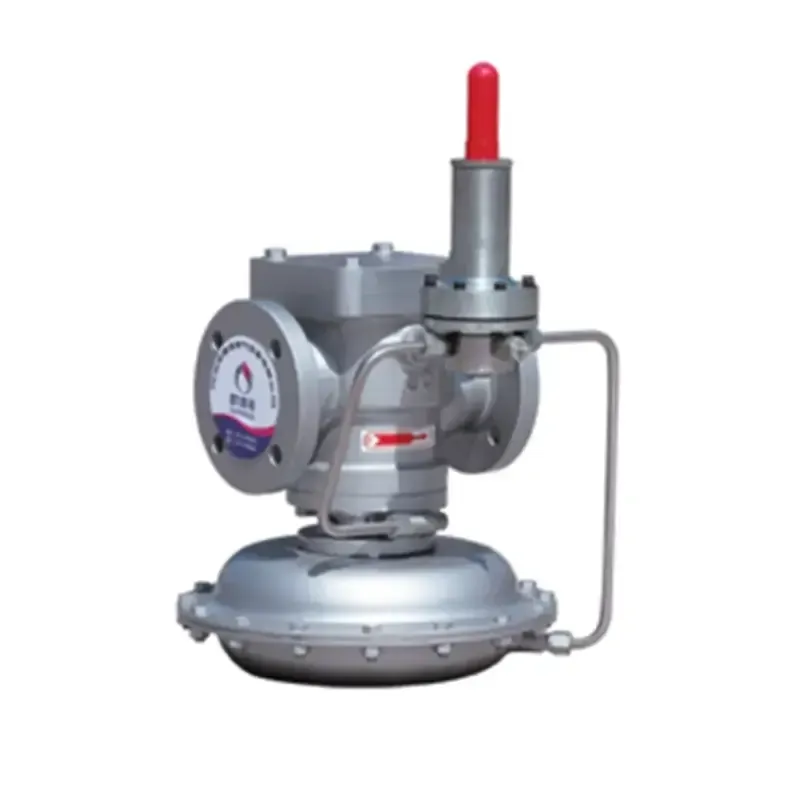
Dec . 14, 2024 10:19
Back to list
فاصل مرشح الغاز
The Importance of Gas Filter Separator in Oil and Gas Industries
Gas filter separators play a vital role in the oil and gas industry, serving as crucial components in the processing of natural gas and oil production. These devices are essential for ensuring the purity of gas and the efficiency of production processes. This article explores the functions, significance, and operational principles of gas filter separators.
What is a Gas Filter Separator?
A gas filter separator is a specialized piece of equipment designed to remove impurities, liquid droplets, and solid contaminants from natural gas and oil streams. It operates by utilizing a combination of gravity separation and filtration processes. Typically, the equipment includes a series of chambers that allow for the gradual removal of unwanted materials, thereby protecting downstream equipment and processes.
Functions of Gas Filter Separators
1. Separation of Phases The primary function of a gas filter separator is to separate gas from liquids (such as water and hydrocarbons) and solids (like dirt and rust). This is critical because any liquid or solid contaminants carried over with the gas can lead to equipment corrosion, reduced efficiency, and even operational failures.
2. Protection of Equipment By removing contaminants, gas filter separators protect compressors, turbines, and other machinery from damage. Contaminated gas can lead to wear and tear on these components, resulting in increased maintenance costs and downtime.
.
4. Environmental Compliance Oil and gas operators must adhere to strict environmental regulations. By efficiently removing contaminants, gas filter separators help companies reduce their environmental footprint and comply with legal requirements.
فاصل مرشح الغاز

Operational Principles
Gas filter separators typically consist of a cylindrical vessel where the separation process takes place. Here’s how they operate
1. Inlet The gas stream enters the separator, which may contain a combination of gas, liquid, and solid phases.
2. Gravity Separation As the gas flows through the separator, gravity causes the heavier liquids and solids to settle at the bottom of the vessel. This separation is enhanced by the design of the separator, which may include baffles or other internal structures.
3. Filtration For any remaining impurities, filter elements are used to catch fine particulates and droplets. These filters can be replaced or cleaned as needed.
4. Outlet Clean gas exits the top of the separator, while the collected liquids and solids can be drained from the bottom for further processing or disposal.
Conclusion
Gas filter separators are indispensable in the oil and gas industry. They ensure the purity of gas, protect expensive equipment, enhance product quality, and aid in regulatory compliance. As the industry evolves and faces increasing pressure to adopt cleaner technologies, gas filter separators will play an even more significant role in achieving operational efficiency and environmental sustainability. For companies aiming to optimize their production processes, investing in high-quality gas filter separators is not merely a maintenance choice but a strategic necessity.
In conclusion, as the demand for natural gas continues to rise, the importance of effective and efficient separation processes cannot be overstated. The gas filter separator stands out as a critical technology that helps secure the future of the oil and gas industries in an ever-changing landscape.
Latest news
-
Safety Valve Spring-Loaded Design Overpressure ProtectionNewsJul.25,2025
-
Precision Voltage Regulator AC5 Accuracy Grade PerformanceNewsJul.25,2025
-
Natural Gas Pressure Regulating Skid Industrial Pipeline ApplicationsNewsJul.25,2025
-
Natural Gas Filter Stainless Steel Mesh Element DesignNewsJul.25,2025
-
Gas Pressure Regulator Valve Direct-Acting Spring-Loaded DesignNewsJul.25,2025
-
Decompression Equipment Multi-Stage Heat Exchange System DesignNewsJul.25,2025

